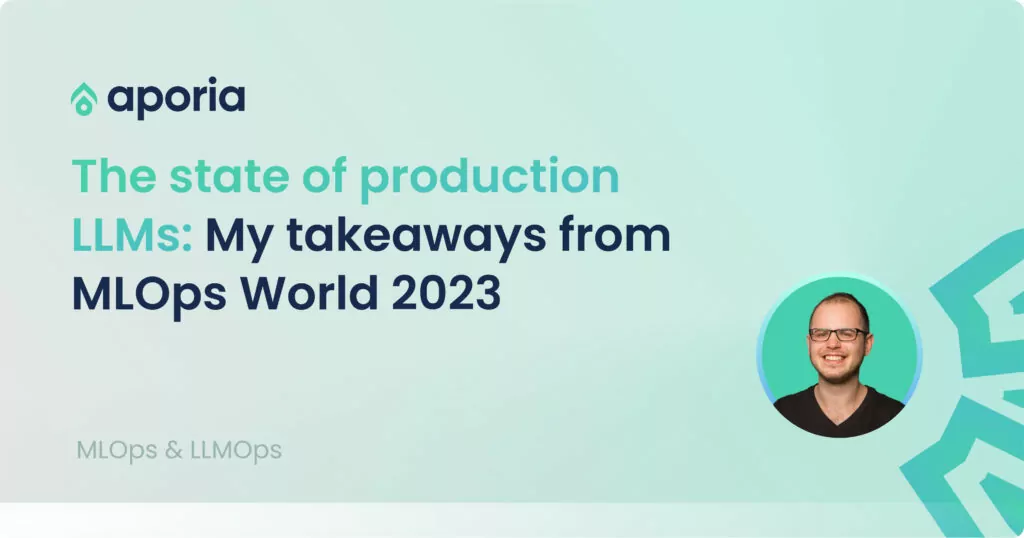
The state of production LLMs: My takeaways from MLOps World 2023
Recently, I was lucky enough to attend MLOps World in Austin. There were panels, provoking keynotes, parties, and while not...
How does your team keep track of all your data for your machine learning models and experiments? This is a common issue that pops up for data science teams. To keep up-to-date and aligned, following all version updates, your team needs the right tools. Take a look below to see a list of top data versioning tools in the MLOps space.
Data versioning tools can help you build a repository for your data, track experiments and model lineage, reduce errors, and improve workflows and collaboration with your team. These tools can be extremely helpful for organizing data version control and enabling easy reproducibility of your machine learning models.
DAGsHub enables data scientists and ML engineers to work together efficiently. It integrates open-source tools like Git, DVC, MLflow, and Jenkins so that you can track and version code, data, models, pipelines, and experiments in one place.
DVC is an open-source tool for data science and machine learning projects, used to replace spreadsheet and document sharing tools. It replaces both ad-hoc scripts for tracking, moving, and deploying different model versions, in addition to ad-hoc data file suffixes and prefixes.
Pachyderm is a tool for data scientists to use for version-controlled, automated, end-to-end data pipelines.
An open-source data lake management platform that transforms your object storage into a Git-like repository. It enables you to manage your data lake the way you would your code and run parallel pipelines for experimentation and CI/CD for your data.
In recent years the MLOps space is continuing to grow with more tools that are designed to make model building and training simpler, more automated and scalable. However, it’s not always easy to determine which MLOps tools answer your needs best.
Building an ML infrastructure requires a number of MLOps tools for data versioning, training orchestration, feature store, model serving, experiment tracking, model monitoring, and explainability. But finding the right tools is a project in itself. To make this process easier, we created MLOps.toys – a curated list of useful MLOps tools – we welcome you to take a look and explore 🙂

Recently, I was lucky enough to attend MLOps World in Austin. There were panels, provoking keynotes, parties, and while not...

What is Model Monitoring? Model monitoring plays a crucial role in the machine learning lifecycle, ensuring that your models are...

Machine learning (ML) is a field that sounds exciting to work in. Once you discover its capabilities, it gets even...